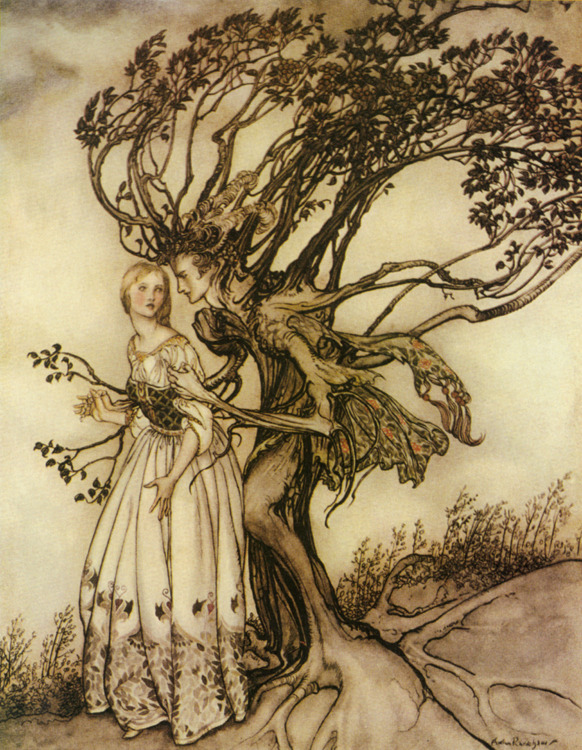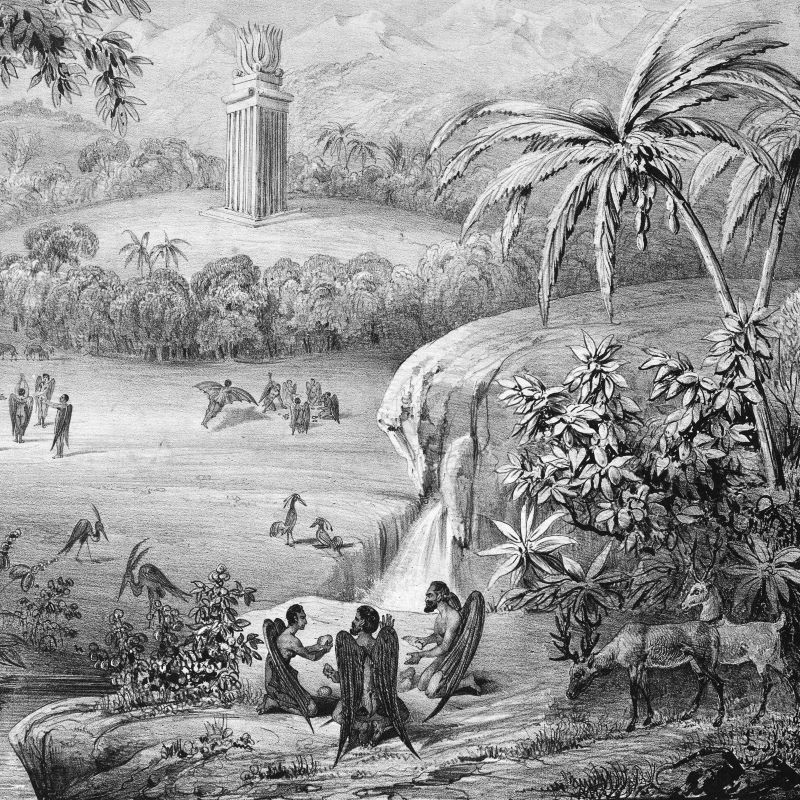Folklore and Alternative Facts
By Myah Frazier
Introduction: American folklore has played a major role in the development of national identity. American Folklore Surveyor Lee J. Vance, recognized folklore as an expression that offers 'scientific evidence of culture.' It is essentially a compilation of American tradition that stands the test of time. At its concrete definition, traditions are simply information passed down generations (Cass 1999). There is a universal understanding that traditions manifest themselves in the form of customs, stories, repeated practices, with individualized emotional, intellectual, and spiritual nuances. Although traditions vastly differ across cultures, traditional ideas are seen as legitimate and are not often questioned due to the influence of traditions and folklore in civilization, despite rapid urbanization.

Author and folklorist Andrea Kitta classifies fake news as 'contemporary legends.' Fake news is approached with minimal judgement by folklorists as its own belief system. The societal outcry at the rapid spread and vivacity of fake news is alarming. Folklorists have concluded that these ideas are percieved so radically because fake news typically contains already-established ideas that align with the beliefs of those who consume the information (Kitta 2018).
The lack of human belief in reaction to information presented by other human beings is overwhelming and clogging the potentially effective information networks that are available. Modern day information often attacks core individual beliefs and identities, causing emotional and defensive responses. This brings us back to the importance of tradition and values that stand the test of time. When these ideas are challenged, it is more than just an attack at ideas; it is an attack on character.
So whether it's fake news, alternative facts, or contemporary legends, what should we believe? Folklorists develop a sense of tolerance for outside beliefs. Perhaps that is a quality that all of us, as seekers of information, are trying to implement.
The reality and moral behind this concept: everyone's version of the truth is different. If there is anything to take away from these words, approach information with an eye of curiosity and tolerance towards the beliefs that make us who we are.

Although it is easy to be outraged at all of the deviations from the truth in our world, in a more positive light, we have the innate power to create stories and art that defy all the rules. Writing and verbal expression is a creative outlet free to everyone. In this case, it is up to us as readers to fully understand the context of what we're reading, and to consider all perspectives on the subject at hand.
Cass, Eddie. 'Following Tradition: Folklore in the Discourse of American Culture.' Folklore, vol. 110, Jan. 1999, p. 108. EBSCOhost, https://search-ebscohost-com.proxy2.cl.msu.edu/login.aspx?direct=true&AuthType=ip,uid,cookie&db= edsglr&AN=edsglr.A55983661&site=eds-live.
Kitta, Andrea. "Alternative Health Websites and Fake News: Taking a Stab at Definition, Genre, and Belief." Journal of American Folklore, vol. 131 no. 522, 2018, p. 405-412. Project MUSE muse.jhu.edu/article/707445.
Oring, Elliot. Folk Groups And Folklore Genres Reader: A Reader. Utah State University Press, 1989.
Shaw, Raqib. Garden of Earthly Delights. 2004. https://www.artspace.com/magazine/art_101 /perspectives/contemporary-painting-and-mythology-6-artists-updating-folklore-for-modern-audiences-56394
Wilkommen in Deutschland! 13 May 2015. https://willkommen-in-germany.tumblr.com/post/119632837281/german-folklore-is-the-folk-tradition-which-has
